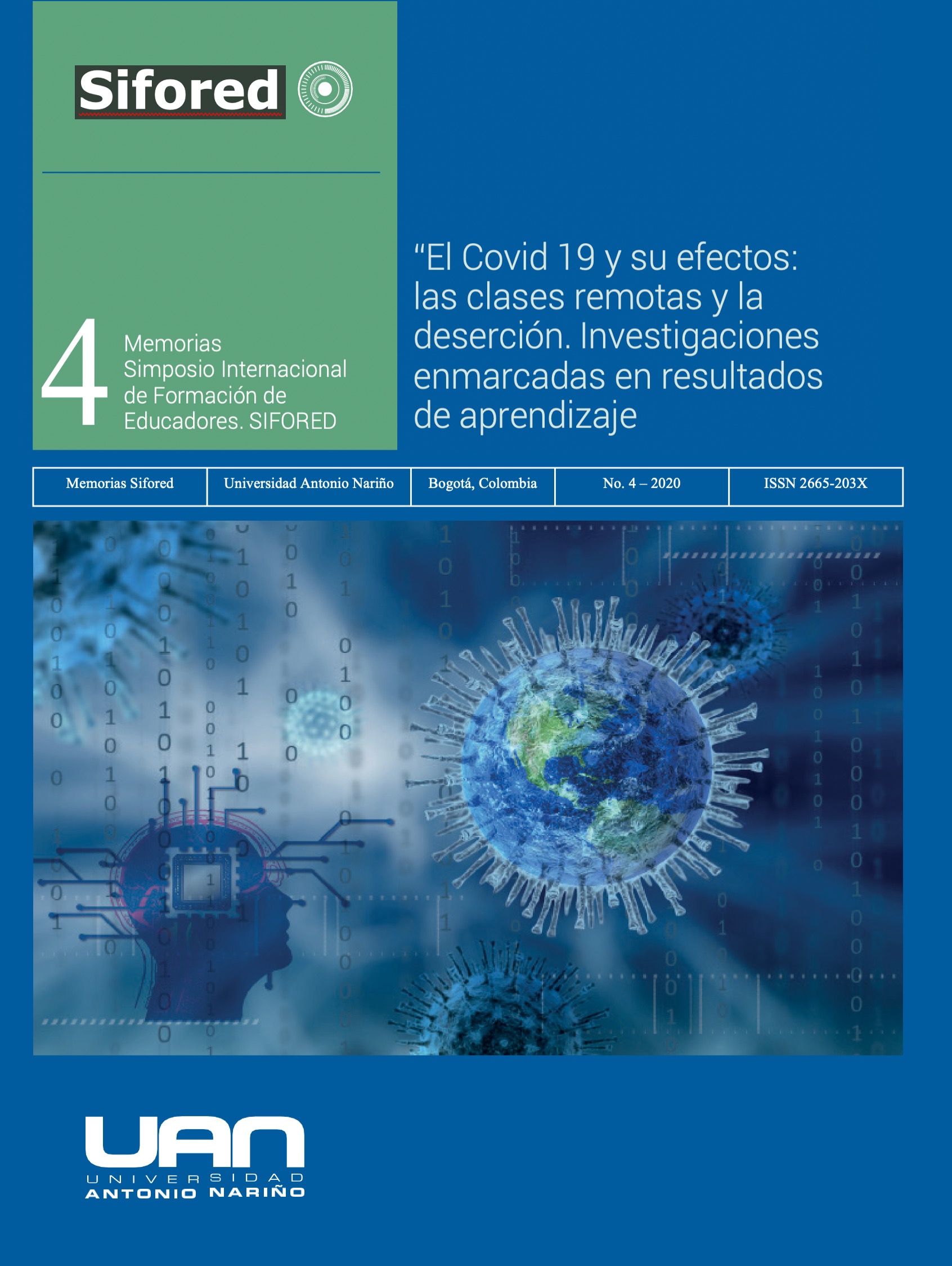Preescolar en casa, el reto de enseñar a través de una pantalla
Keywords:
Teaching, strategies, preschool, resources, basic scienceAbstract
The following writing allows to count and evaluate the process adapted for the teaching of preschool students during the pandemic that took place in 2020; Taking into account that the teaching of basic sciences had been taught in person and the technological resources in the classrooms were extended to the remote use of audiovisual media on a non-continuous basis, screens were not a matter of concern, cell phones, tablets and Other resources were prohibited in educational establishments for both teachers and students, today they are their maximum teaching and learning resource. For many, the action of educating through a screen usually seems simple since they link the idea with tutorials or explanatory videos found in different applications and audiovisual programs, however, teachers, students and parents were not prepared for this, in No educational establishment, be it school or university, is directed to teach in the event of a pandemic, which is why more than a pedagogical strategy or evaluation of educational innovation, it should be counted as the challenge that made us change the way of re-educating a whole society from one screen. Today, a short time after the end of a school year, we can rescue the resources, the strategies, the new ways of teaching and above all value the human beings who from one day to the next modified their home as a classroom, changed the decorative pictures by visual aids and adapted to a new reality.
Downloads
References
Álvarez Marinelli, H. y otros (2020), “La educación en tiempos del coronavirus: los sistemas educativos de América Latina y el Caribe ante COVID-19”, Documento para Discusión, N° IDB-DP-00768, Washington, D.C., Banco Interamericano de Desarrollo (BID) [en línea] https://publications.iadb.org/publications/ spanish/document/La-educacion-en-tiempos-del-coronavirus-Los-sistemas-educativos-de-America-Latinay-el-Caribe-ante-COVID-19.pdf [fecha de consulta: 4 de agosto de 2020].
CEPAL/UNICEF (Comisión Económica para América Latina y el Caribe/Fondo de las Naciones Unidas para la Infancia) (2020), “La ciudad y los derechos de niñas, niños y adolescentes”, Desafíos, N° 23, Santiago, enero.
OCDE (Organización de Cooperación y Desarrollo Económicos) (2019), TALIS 2018 Results (volume I): Teachers and School Leaders as Lifelong Learners, París, OECD Publishing.
Trucco, D. y A. Palma (eds.) (2020), “Infancia y adolescencia en la era digital: un informe comparativo de los estudios de Kids Online del Brasil, Chile, Costa Rica y el Uruguay”, Documentos de Proyectos (LC/TS.2020/18), Santiago, Comisión Económica para América Latina y el Caribe (CEPAL).
UNESCO (Organización de las Naciones Unidas para la Educación, la Ciencia y la Cultura) (2020), “Nuevas publicaciones cubanas para enfrentar efectos de la COVID-19 sobre la educación”, Oficina de la UNESCO en La Habana [en línea] https://es.unesco.org/news/nuevas-publicaciones-cubanas-enfrentar-efectoscovid-19-educacion [fecha de consulta: 12 de junio de 2020].
-(2018), Formación inicial docente en competencias para el siglo XXI y pedagogías para la inclusión en América Latina: análisis comparativo de siete casos nacionales, Santiago, Oficina Regional de Educación para América Latina y el Caribe (OREALC/UNESCO Santiago).
Downloads
Published
-
Abstract545
-
PDF (Español)154
How to Cite
Issue
Section
License

This work is licensed under a Creative Commons Attribution-NonCommercial-ShareAlike 4.0 International License.


 Portal de Ciencia Abierta
Portal de Ciencia Abierta